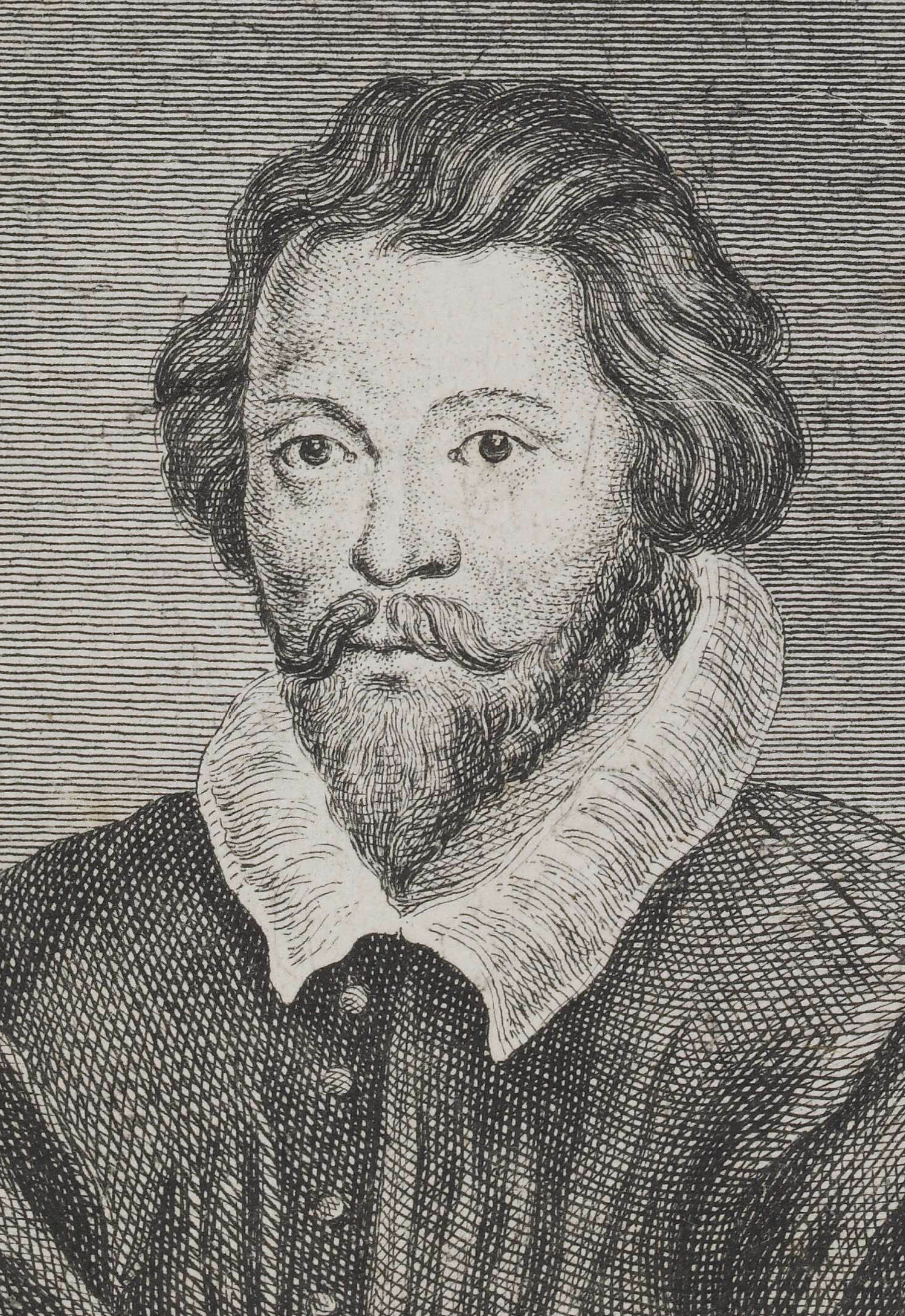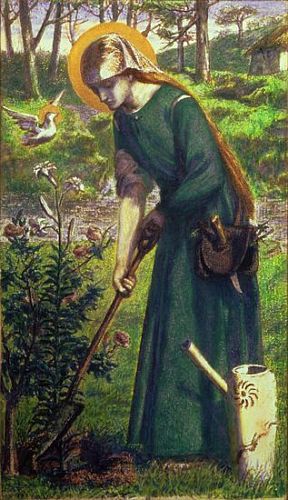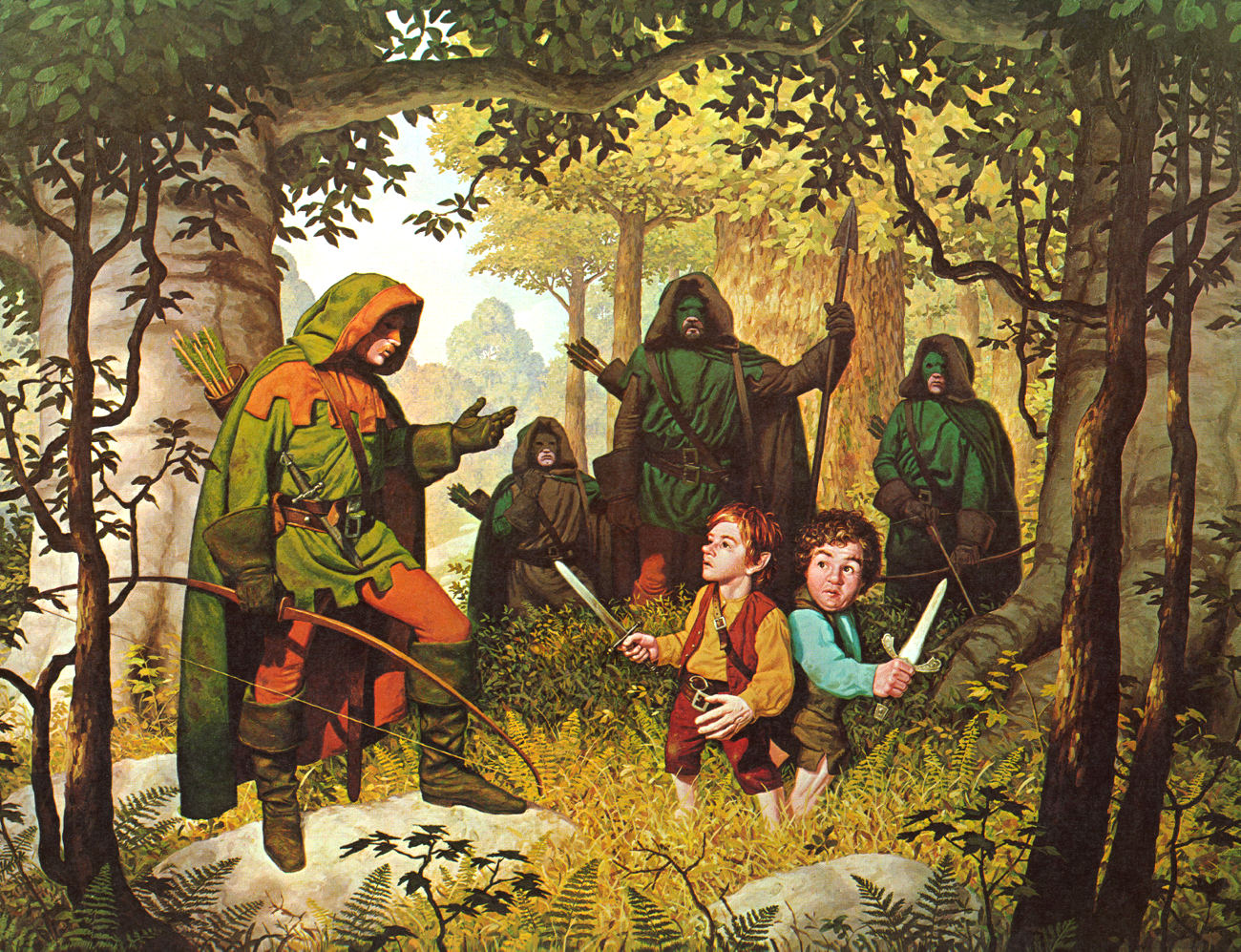 William Byrd
William Byrd
Susan Treacy, musical historian and writer for
Saint Austin Review, gives a wonderful introduction to the Recusant musicians of the period known as the English Reformation under Elizabeth I. The following is drawn from her article published in StAR, November/December 2004, "Music of the English Martyrs and Recusants." The footnote re: the Gunpowder Plot is not from her article.
Many Catholics -- among whom research is including William Shakespeare as one (
Shadowplay ;
Shakespeare the Papist;
Quest for Shakespeare) - continued to adhere to "the old religion" during this time of danger and deprivation. Some of the Catholic composers and musicians of note during this time include William Byrd (1543-1623), Thomas Tallis (1505-85), and Richard Dering (1580-1630).
Byrd and his teacher and sometime business partner, Tallis, issued
Cantiones sacre in 1589, and a number of motets have texts that allude to the worsening situation of English Catholics. For example,
Exsurge, Domine sets to music verses from Psalm 43:
Exsurge, quarew obdormis, Domine? Exsurge, et ne repellas me in finem,Quare faciem tuam avertis? Oblivisceris inopiae nostrae et tribulationsis nostrae? Exsurge, Domine.
Arise, O Lord: why sleepest Thou?
Arise, and reject me not for ever.
Wherefore hidest Thou Thy face and
Forgettest our misery and trouble?
Arise, O Lord!
One of the most famous manuscripts traditionally associated with suffering Catholics of this period is the Fitzwilliam Virginal Book, a manuscript of nearly 300 secular and sacred works for keyboard instrument. The same handwriting is used throughout and traditionally the author has been thought to be Francis Tregian the Younger (1574-1619) of a distinguished Catholic family from Cornwall. Composers whose works appear in the Fitzwilliam Virginal Book were either Catholic or had Catholic connections: Byrd, Tallis, Dowland, John Bull, and Peter Philips.
One of the 300 English martyrs was Henry Garnet, SJ, who was implicated in the Gunpowder Plot.** A Frenchman, Charles de Ligny, recorded that he "found Garnet in company with several Jesuits and gentlemen, who were playing music: among them Mr. William Byrd, who played the organ and many other instruments. To that house came, chiefly on the solemn days observed by the Papists, many of the nobility and many ladies by coach or otherwise."
Around 1617, Richard Dering found refuge in Brussels and there became acquainted with Peter Philips (1560-1633). A wonderful recording that juxtaposes the sacred music of Philips and Dering was released by the Choir of King's College, Cambridge (EMI 7243 5 66788 2 8).
Music from the Fitzwilliam Virginal Book can be found in recordings by Joseph Payne (Vox CDX 5085) and Ton Koopman (Capriccio 10211).
The
Essential Tallis Scholars CD contains works by both Tallis and Byrd.
**Hiliare Belloc (1st History, Oxford) reports the following in his fine
How the Reformation Happened: "The first date assigned to the conception of the Plot is March, 1604. The first hint we have of the Government's watching and 'nursing' it is April, 1604. The pretended 'discovery' is November, 1605. So it was 'nursed' in secret by Cecil for the full eighteen months." [footnote, 244]
 Beatrice was frantic when Aly returned to the hotel room just before three. “I just got back,” she said. “I’ve been looking everywhere for Lenny since I woke up and he was gone! After last night ... O God! Why did I sleep so late?”
Beatrice was frantic when Aly returned to the hotel room just before three. “I just got back,” she said. “I’ve been looking everywhere for Lenny since I woke up and he was gone! After last night ... O God! Why did I sleep so late?”

























